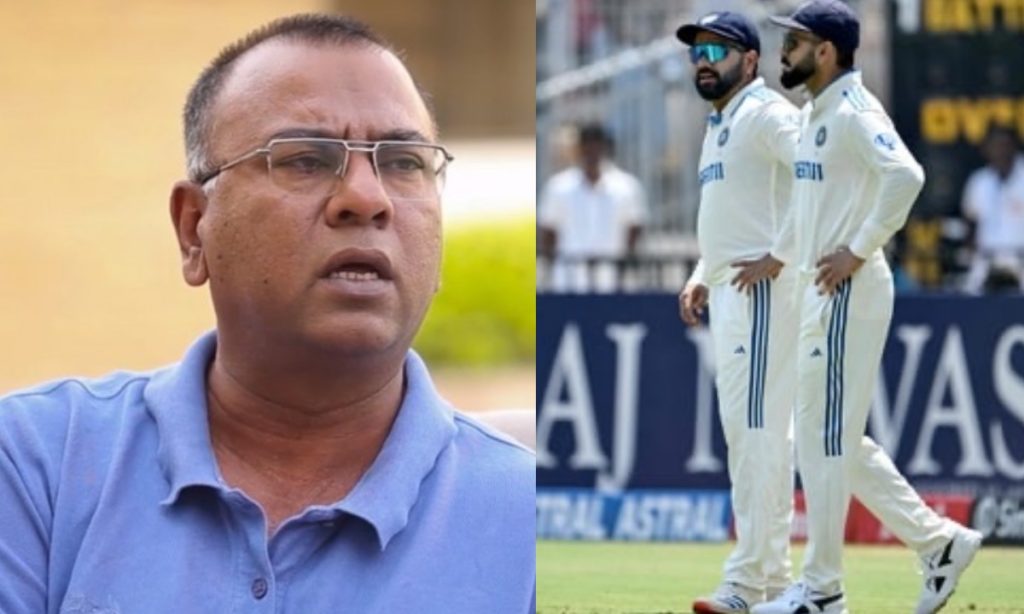Leading India to a historic T20 World Cup victory in June 2024, Virat Kohli and Rohit Sharma, affectionately known as Ro-Ko, have found themselves at the center of scrutiny rather than celebration. Basit Ali, a former cricketer known for his candid views, recently expressed his concerns over the duo’s dip in form and concentration, suggesting that their approach to the game might have shifted post-tournament.
“There has been a dip in concentration after winning the T20 World Cup,” Ali remarked in a recent interview. “Earlier, there used to be proper practice before matches, but now I feel there are just optional sessions. There is a lack of concentration. They think that if they get out, they will get a big score in the next match. The water has gone above the head now. If these two don’t score runs in the Border-Gavaskar Trophy, it will be very tough for India.”
This statement comes in the wake of India’s recent performance where New Zealand clinched a 2-0 lead in a three-match Test series, ending India’s unbeaten streak at home which had lasted for 4331 days. Since their triumphant moment on June 29, 2024, both Virat Kohli and Rohit Sharma have struggled to replicate their form, with their bats remaining largely silent in both the ODI series against Sri Lanka and the Test series against New Zealand.
Ali’s critique isn’t without merit. The shift in practice routines from mandatory to optional might reflect a complacency that has crept in, a notion that past laurels might suffice for future battles. This mindset, if true, could be detrimental, especially in formats like Test cricket where concentration over long periods is paramount. Kohli and Sharma, known for their relentless pursuit of excellence, seem to be grappling with this new reality, where their previous successes might now be weighing them down rather than propelling them forward.
The implications of this dip in form are not just limited to individual performances but have broader ramifications for Team India. The Border-Gavaskar Trophy against Australia, a series known for its intensity and historical significance, looms on the horizon. If Kohli and Sharma fail to find their rhythm, it could indeed be a challenging series for India, as Ali pointed out. Their roles as senior players are not just about scoring runs but also about setting the tone, both on and off the field.
Basit Ali’s observations, while harsh, serve as a wake-up call for Kohli and Sharma. Cricket, with its ebbs and flows, demands continuous adaptation and mental fortitude. The legends of the game are often those who rise from such dips, not with mere resilience but with a renewed vigor that redefines their legacy. For Kohli and Sharma, this might just be the moment to reassess, regroup, and rediscover the hunger that once made them the backbone of Indian cricket. As fans and critics alike watch with bated breath, the upcoming series could well be the crucible where their mettle is tested once more, proving whether their recent struggles are just a blip or a sign of deeper issues within the team’s approach to the game.

